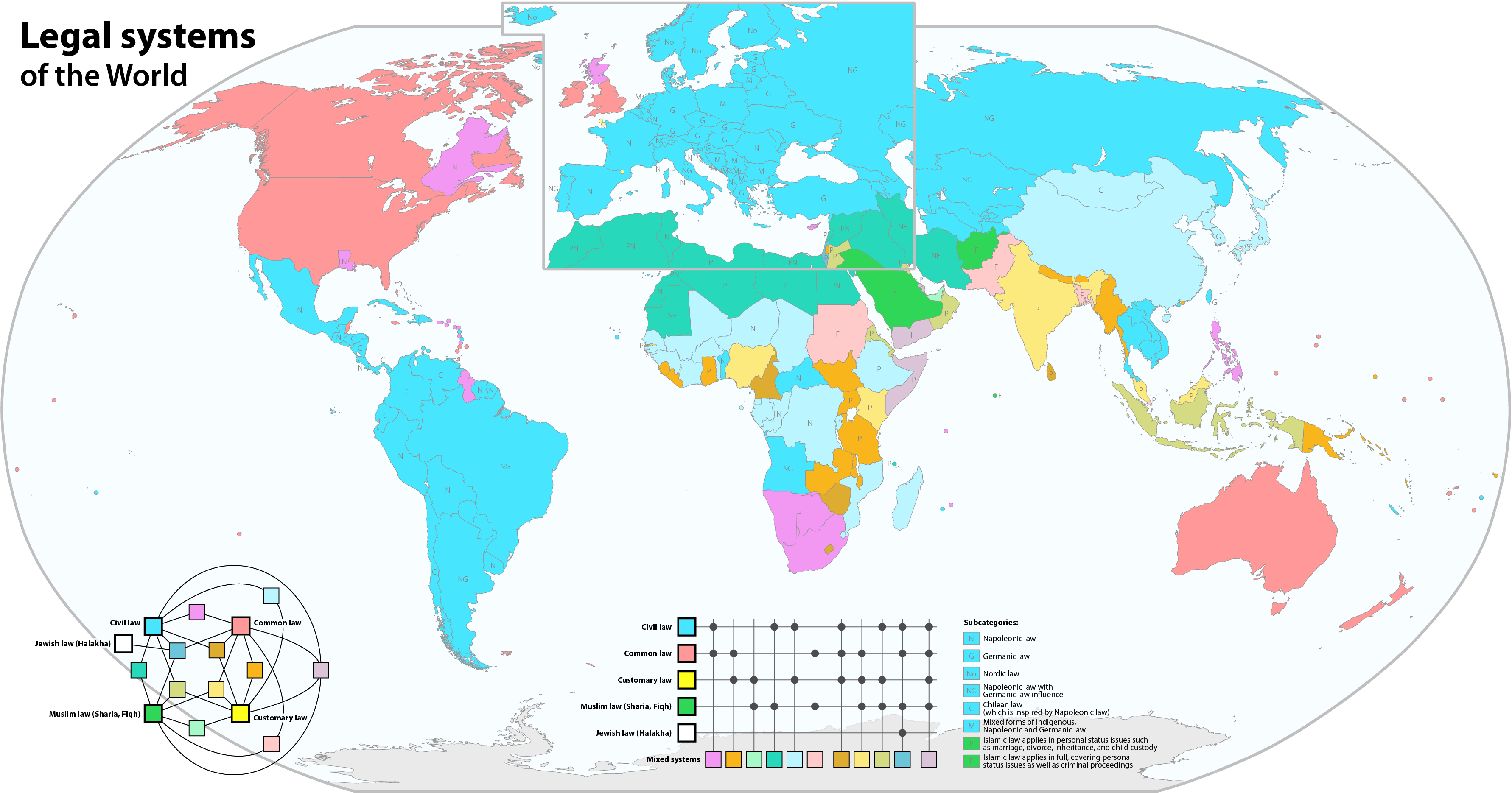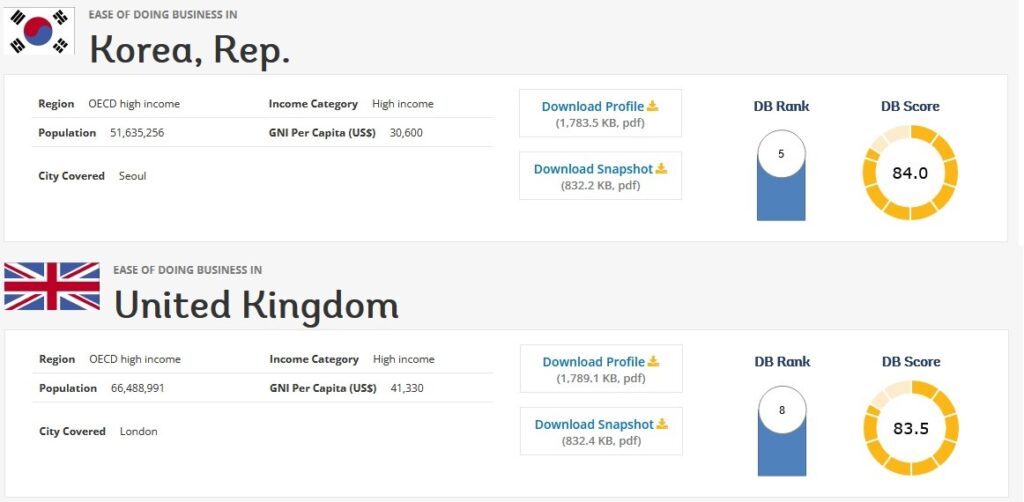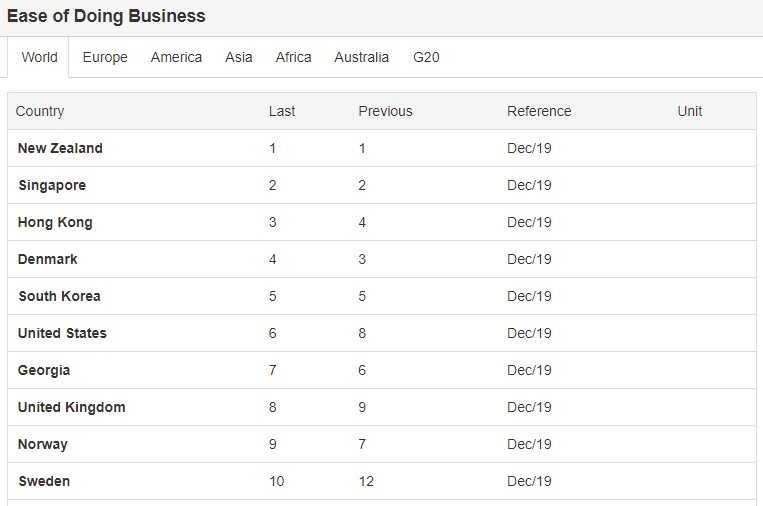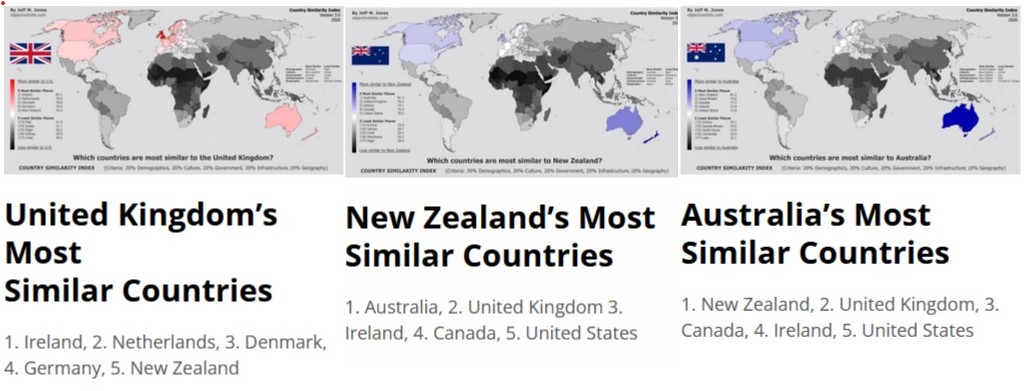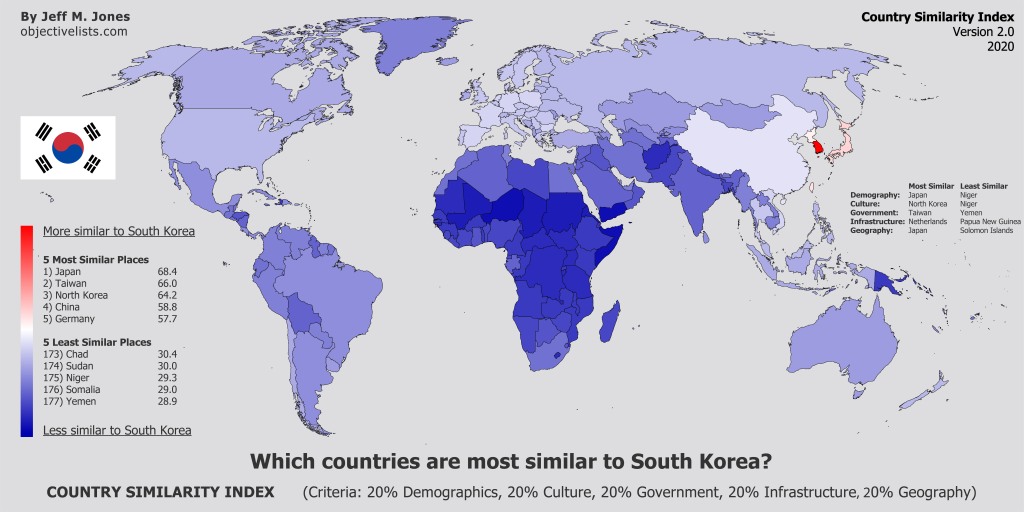Expanding Globally: How Do You Decide Where To Go, part 2

Last time, in Expanding Globally: How Do You Decide Where To Go First Part 1, I talked about expanding your business globally from the point of view of geographic location, cultural similarity and language, and how to analyse them. In this post, I want to continue discussing the topic from the views of legal and finance similarities and differences. I’ll also share some resources that compare countries, both in terms of how easy it is to do business there but also more generally how similar countries are; these can be helpful in your decision.

Legal System
When expanding globally, understanding the laws of your target countries is important as you need to follow those laws and policies, some of which may be very different to what you are used to.
Modern national legal systems are generally based on one of four basic types: civil, common, statutory and religious law, or combinations of these, however, as you can see from this map from Wikipedia, civil and common law systems are the most common:
Civil law is created by parliaments or congresses and collated set of legal statutes, and judicial authorities use civil code to evaluate cases and reach decisions. However, Common law is derived from judicial decisions of courts rather than statutes, and so a common law court explores past precedential decisions to apply the principles of those cases to the current case. Why does this matter? Civil Law is a lot easier to know in advance what laws you must follow. In contrast, with Common law, you could be taken to court over any matter at all and the court could find against you, thus setting a precedence for the future.
It is important to consult legal professionals to be aware of important differences. For example, some countries are okay with giving your customers small gifts or freebies, but others may treat it as corruption or bribery. From a regulatory point of view, you also need to see whether your products are required to have FDA approval, the CE or UKCA mark.
Is it better to expand to countries with a similar legal system? Well, yes and no, similar systems may share the same fundamentals. Referring to the list of national legal systems on Wikipedia it’s interesting and surprising to see the countries that have some similarities, for example, Germany/Japan/Korea and France/Vietnam. When it comes to analysing the legal system of countries you want to expand to, I would suggest those with similar systems could be scored slightly higher.
I have roughly explained the differences between legal systems and why it is important to consider them however, it is essential to consult legal professionals, within or outside of your company, before you consider opening a branch office or subsidiary. In particular, those experienced in business-associated laws such as competition law, labour law, company registration and anti-corruption and bribery policies.
Financial considerations
Regarding finance, there are a number of things to consider when expanding globally. As with any growth plan, expanding internationally requires financing, so you should consult banks and accountants who have experience in your target countries. If you plan to partner with another company in that country in order to expand, you should check that company’s financial situation and credit rating as well. You will want to avoid any future financial difficulties or bankruptcy. In addition, you should understand the country’s financial situation; check the country’s financial rating on Trading Economics.
Also, be aware that there are countries that impose currency restrictions, such as China, India and Brazil; here is a complete list: List of Restricted Currencies 2022. An example is capital controls, where a country limits the amount of foreign investment and may limit the amount of currency imported or exported. So, it is very important to be aware of this situation.
Again, a number of factors here need to be considered when comparing and analysing the financial aspect of countries. For example, the advice you get from banks or accountants may give you more confidence in working with one country than another, so that you may score a country higher than another. Or, if the relative ranking of countries’ financial situation is better, that will increase the score. On the other hand, currency restrictions may reduce the overall score you give to a country.
Country comparison reports
Finally, I want to share some links that might help you compare countries. There are many websites that provide different types of country comparison reports however I want to highlight the World Bank ‘EASE OF DOING BUSINESS in’ reports. They have stopped producing these yearly reports however, you can still find older ones up until 2020. It’s interesting to see that South Korea is ranked higher for ‘ease of doing business in’ than the United Kingdom (as shown below).
You can also look up country rankings of ease of doing business at tradingeconomics.com, for example:
Recently I found Objective Lists’ Country Similarity Index is extremely useful for seeing the similarities of countries. The index weights equally five major aspects of countries: their demographics, culture, politics, technology, and geography. The images below show that the UK is similar to Ireland, Netherlands, Denmark, Germany and New Zealand. Australia and New Zealand share the same country’s similarities as they share a similar history and are geographically closer than others.
According to Objective Lists, South Korea is similar to Japan, Taiwan and North Korea.
Although these reports cannot be 100% correct, as things change frequently, they will give you an overview of countries and how they compare.
Summary
In this post, I’ve covered the legal and financial aspects of expanding globally. These two topics are complicated and specialised, but with some research, consultation with professionals and due diligence, you’ll be able to analyse and compare these areas between potential target countries.
I’ve also highlighted some useful resources that might help you decide which countries might be easier to expand to because their either similar to your own, or it is easy to do business there.
In my next blog, we will continue to discuss ‘How Do You Decide Where to Go First?’ from the point of the size of the market and other factors, and how to bring together all of these areas to analyse as a whole and come to a decision about what your target countries should be.
Better Together so Let’s Get Started!
Let’s talk about growing your business. Connect with me today! Get started on building a strategy and roadmap to achieving your business goals faster!
Biotech consulting Expanding Globally LifeScience Scaleup 국제비지니스 글로벌비지니스 스케일업 컨설팅

